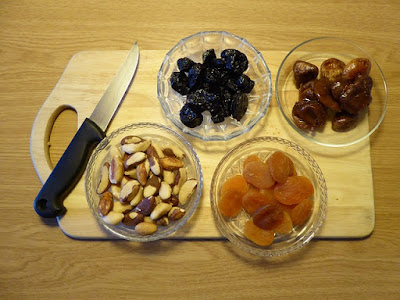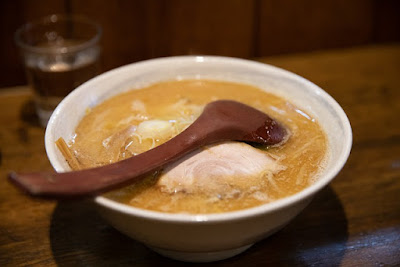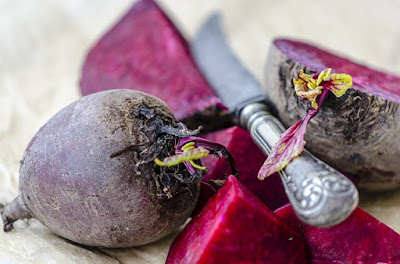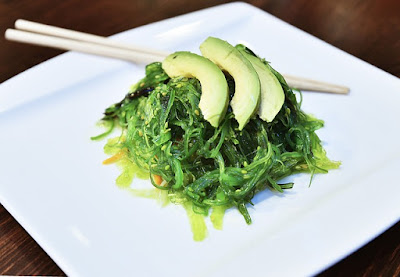Featured Post
- Get link
- X
- Other Apps
The 10 most effective foods to fight lack of iron deficiency A diet rich in these nutrients will help you prevent and fight anemia. Observe, these are the absolute best nourishments with antianemic activity.
Anemia can be due to a lack of iron, vitamin B12, or folic acid. Make sure to add these foods to your regular diet. Paleness, fatigue, cold, palpitations, or headaches are some of the symptoms of anemia. Normally, the cause must be looked for in a deficiency of some nutrients, specifically iron, folic acid, or vitamin B12. Iron deficiency anemia is the most common and may be due to an incorrect diet lacking foods rich in iron or in nutrients that facilitate its assimilation. It can also be caused by intestinal malabsorption or excessive blood loss. The recommended daily amounts depend on age and gender. Except in pregnancy, about 15 mg of iron, 180 to 200 mcg of folic acid, and 2 mcg of B12 are required.
10 foods to fight anemia:
1/10 1. Germinated alfalfa:
The sprouts of alfalfa seeds contain about 1 mg of iron per 100 g. They likewise contain 8.20 mg of nutrient C, which favors the assimilation of non-heme iron of plant beginning. You can easily germinate the seeds at home.
2/10 2. Oats:
About 100 g of oats provide 4.7 mg of iron, which exceeds meat, which is around 3 mg. One cup provides 60% of the daily needs of this mineral.
3/10 3. Dried figs:
In dried figs, the greater part of the supplements are considerably more gathered than in new figs: 100 g gives 2.23 mg of iron, contrasted with 0.37 mg in new figs. With only five pieces, 10% of the daily needs are covered.
4/10 4. Kiwi:
Kewi Because of its high substance of nutrient C (around 98 mg for every 100 g), kiwi essentially improves the retention of iron that different nourishments give.
5/10 5. Lentils:
Lentils are an excellent wellspring of iron (9 mg/100 g), despite the fact that being non-heme (vegetable), the most ideal approach to exploit their iron is to devour them with nourishments plentiful in nutrient C. They additionally give a lot of supplements that advance the development of red platelets, for example, folates (215 mcg/50 g) and copper (0.425 mg/50 g).
6/10 6. Yeast:
Brewer's yeast acts as a natural multivitamin, as it contains a large number of minerals and trace elements, high biological quality proteins, and all the B vitamins. It can be found enriched with vitamin B12.
7/10 7. Miso:
The various varieties of miso that exist are rich in iron. The hatch miso is the most suitable variety if you have anemia (7.1 mg of iron / 100g).
8/10 8. Pistachios:
Pistachio is a decent wellspring of iron (6.78 mg/100 g) and copper (1.2 mg/100 g), two minerals that when consolidated have an antianemic impact better than that of a drug planning of iron alone.
9/10 9. Red beet:
In beets, the high substance of iron (1.80 mg/100 g), nutrient C (30 mg/100 g), and folates (109 mcg/100g) give an extraordinary antianemic activity. It animates hematopoiesis, that is, the creation of platelets in the bone marrow. it is very good for lack of iron deficiency.
10/10 10. Chlorella seaweed:
It is the only plant source of physiologically active B12: 0.6 g of chlorella or 3 0.2 g tablets provide 4 mcg of B12, the daily maintenance dose. If there is anemia, the intake should be tripled.source (1)
Here are best diet plan E-book Download
It may interest you: Organic Green Tea: A Blessing For Good Health
Weight Loss Diet Plan Ebook Download










Comments
Post a Comment